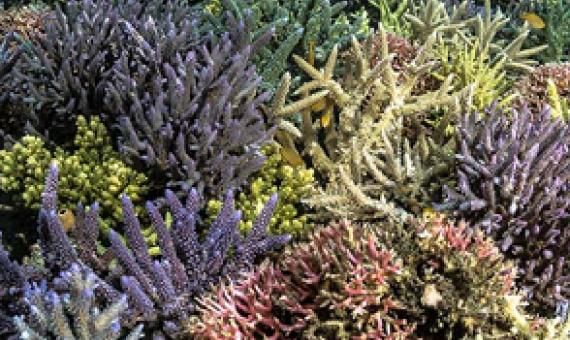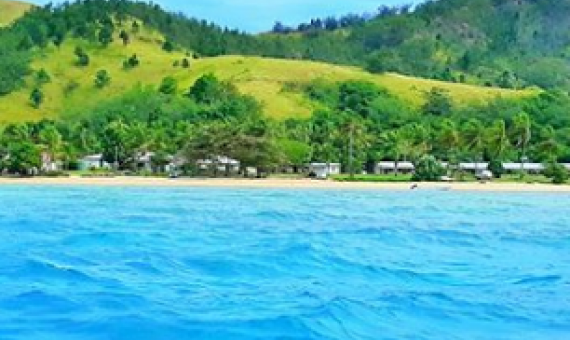Preserving reef connectivity : a handbook for marine protected area managers
The coastal ocean environment provides enormous value in fishery and other products, as well as
ecosystem services like coastal protection, water purification, and locations for ports, harbors, urban
centers, tourist destinations, and numerous recreational pursuits. Coastal environments can also
cleanse the soul, stimulate the mind, and restore the body. But 40% of all people live within 50 km of








